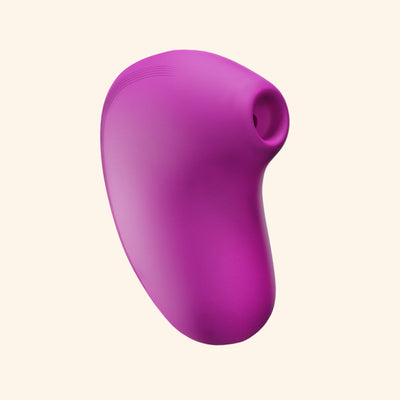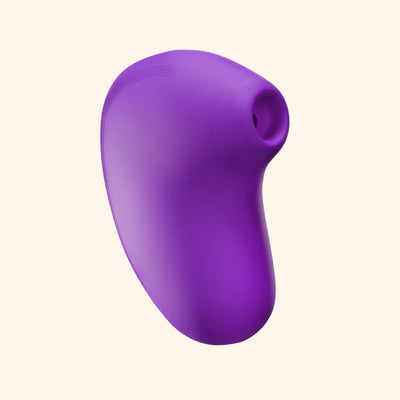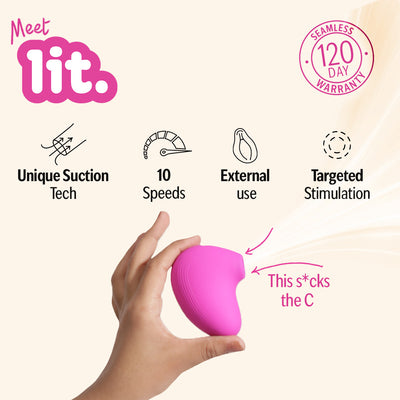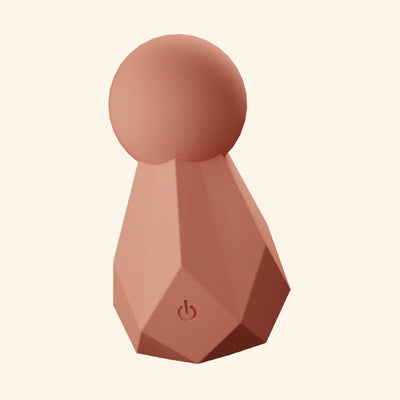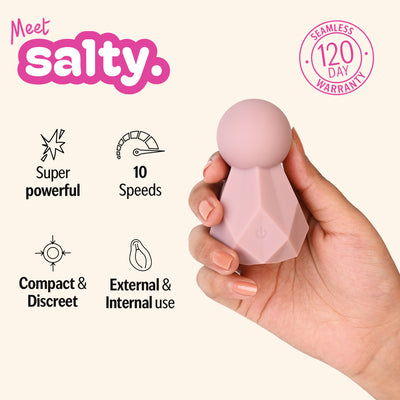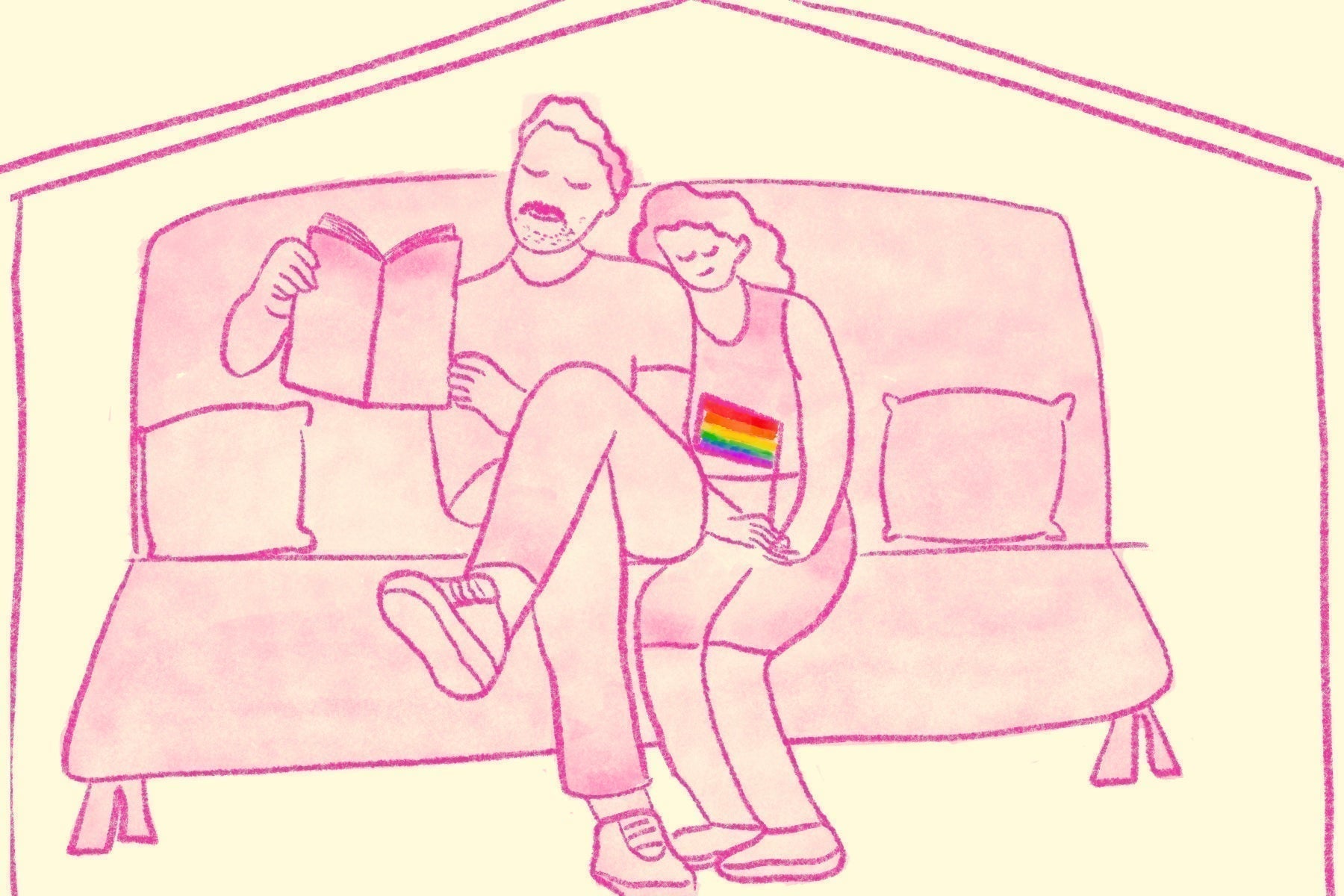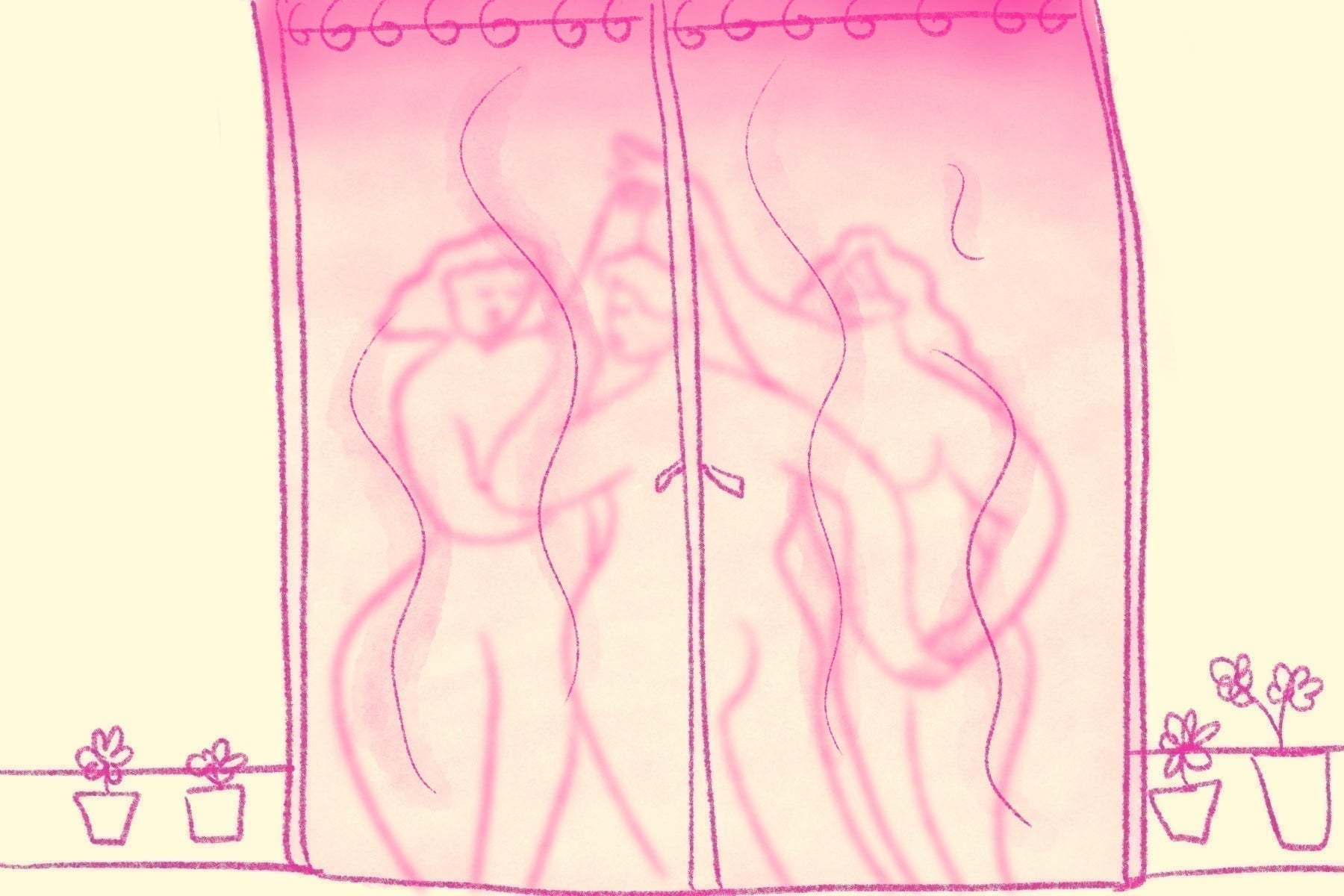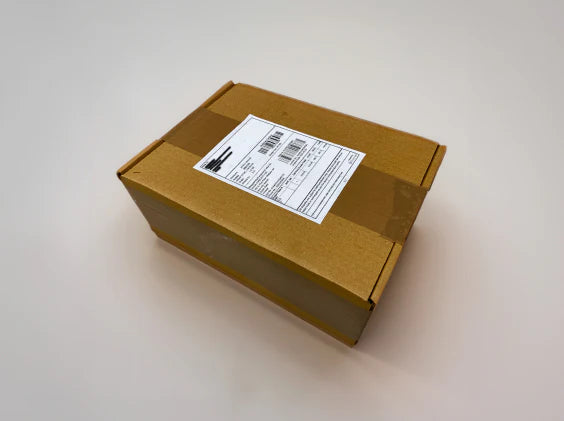Your cart is currently empty
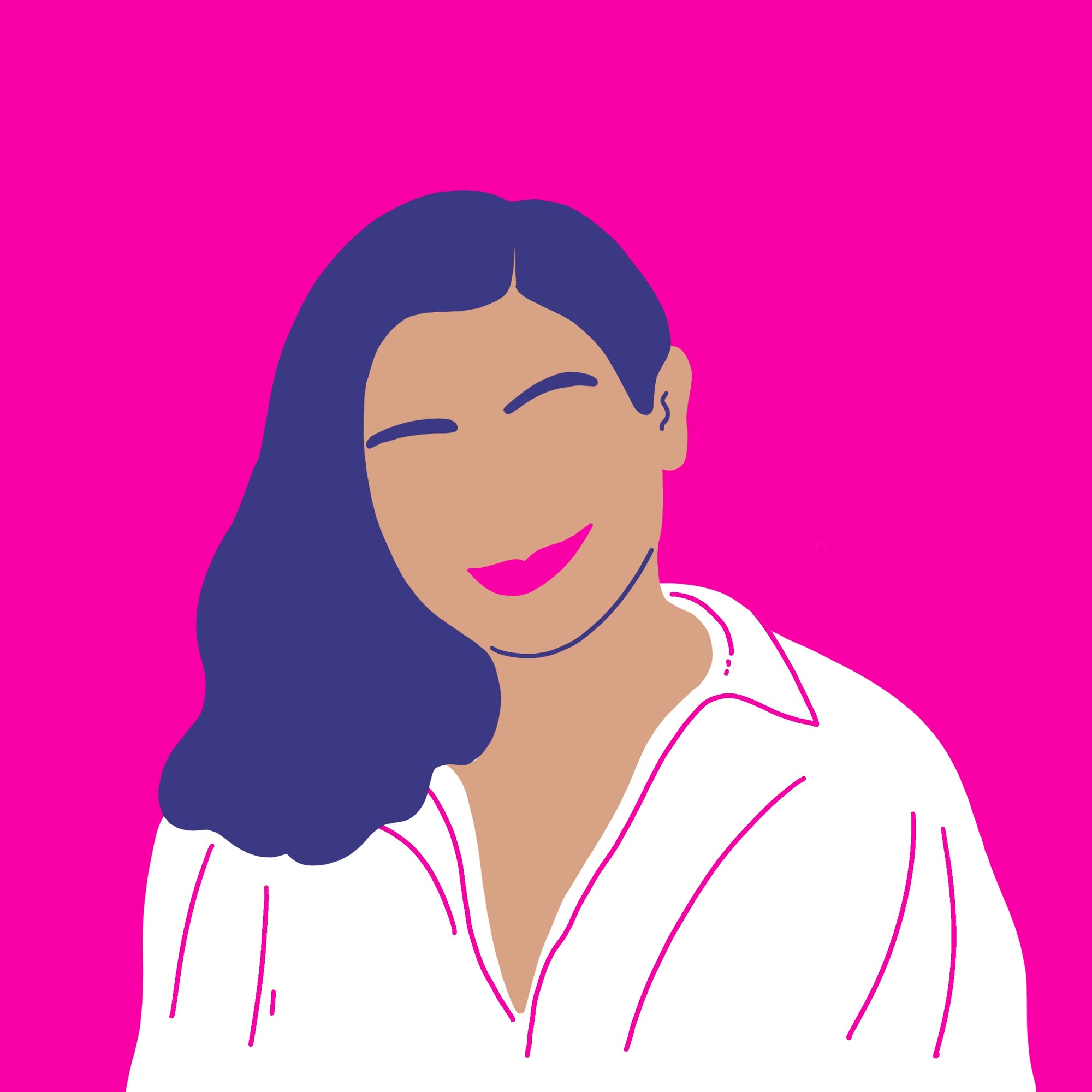
“Empowering and transformational – two words I would definitely associate with Girl Up”, says Aditi Arora, the Country Manager for Girl Up, India. When asked about her journey so far with the United Nations Foundation-led campaign, she recalled how it all began not long ago, in 2018. “Initially, I was the only staff working as I started and it was only until 2020 that we hired regional leaders. So, doing everything by myself, given how I did not have many contacts in the field of gender equality and women empowerment, was a challenging experience,” she elaborated. After having worked in the public health sector for a while, she came across Girl Up, who were hiring folks in India at that time. In her words, 'she applied and the rest is history'. She adds, "It’s been difficult, it hasn’t been easy. When I started, I was the only staff working here for 2 years until 2020, when we finally recruited regional leaders. Doing everything by myself was one of the biggest challenges for me. I did have endless support from my family and friends but I didn't have any contacts in the field."
Aditi was also candid about experiencing feelings of inadequacy at times and being self-aware aof their well-resourced upbringing, so as to put it to good use:
“When I look back and think about it, I think I was incredibly brave and people don’t realize it’s a full-time job for me. One of the earliest memories I have of Girl Up is that when I was assigned this role, I thought of myself as an impostor, like ‘Who gave me this job?’. I guess I struggle with that even now; who gave me the authority to talk about gender equality issues when I have lived such a privileged life. For me, that’s an everyday struggle when I am working with young women, so all in all it has been an interesting journey and I wouldn’t give it up for the world.”
In terms of her active involvement at the ground level, she quickly picked up on how there was a clear-cut demarcation at an institutional level, between who qualifies as a leader and who doesn’t. “We talk about leadership development, and I think there’s a huge misconception that a leader looks a particular way,” she adds, “they’re an expert on XYZ things; and when I used to go to school and talk to principals and teachers about creating leaders, the concept didn’t fit. For Girl Up India, we all are working towards being a more feminist organization with each passing day, employ these core values in leadership – collaboration, co-learning, and co-leadership.” Aditi explained how there is an even greater need for pushing forth feminism as a way of life.
“How are we to understand the need for feminism when we can’t seem to examine our own privilege. And then, work on it. In the end, it is more about mindset change and making people understand that a leader can be a young girl and that there are many spaces where gender equality is still a far-fetched concept.”
There has been a major evolution in the larger feminist movement, and Aditi agrees, “Feminism is a complex ideology. But, at the core of it, it is about basic rights and socioeconomic, political equality. The movement itself and the face of feminism is constantly expanding, take for example the different waves of feminism (started with voting rights, reproductive justice, and now intersectionality). Even with Girl Up, we are issue agnostic, and our clubs across the country work on several issues, mirroring what’s happening across the current feminist wave.”
“Always, always, always!”, gleams Aditi as she opened up about her biggest takeaway in her time working with Girl Up. She rightfully puts it across, “ I think I am able to learn from everyone associated with Girl Up, every single day. I’m constantly learning because that’s the way to go; if you’re stagnant, you’re not relatable anymore.” On a more personal front, concepts such as gender equality or sex education didn’t come organically to her or her peers back in school. She explicitly states, “I don’t remember a time when we sat and talked about it,” and this would undoubtedly resonate with a major chunk of the Indian millennial and early Gen-Z population too. The lack of a solid communication bridge and verified knowledge all contributed to the pre-existing stigma that has been sexuality education. This brought up some experiences with her own body and how body positivity isn’t as easy as social media might sometimes project it.
“I think this is a great segue because we didn’t have that conversation during puberty and I speak for a majority of Indian women of my age – we have a very tumultuous relationship with our bodies. I was 18 when I was diagnosed with PCOD, and that comes along with so many physical changes with the pimples, loss of hair or hair in weird places where you might not like it to be, and of course the weight gain. I think I didn’t and I still don’t enjoy a very good relationship with my body. When I was 18 or 19, I went on really strict diets, to the point of starvation.”
Having seen first-hand how incredibly distressing the relationships we have with our bodies can be, Aditi emphasized the need for discourse around the same:
I think first and foremost, I wouldn’t want our upcoming generations to learn about sex through sources that give false or half-hearted information, or even through OTT content (as they may be flawed). Looking up the internet, or learning about sex, sexuality, and gender through porn has already caused enough damage, the approach is so misogynistic. Parents, teachers, educators – the pillars – should ensure that the right information is being provided to kids as young as say 3 or 4. Even if it’s about touch, consent – reliability of information depends a lot on its source.
As a concluding note, she highlighted the importance of sexual socialization and the role it can play in manifesting communities that have a healthier notion of gender, sexuality, and bodies. “And sex ed is not just sexual,” she adds, “it’s physical and emotional. I think the idea is to make it a systemic thing, develop and follow a proper curriculum and also reexamine some of the ways that media has represented say queer folks. So all of this plays an integral part in how society reflects this meaningful change.”
-------
